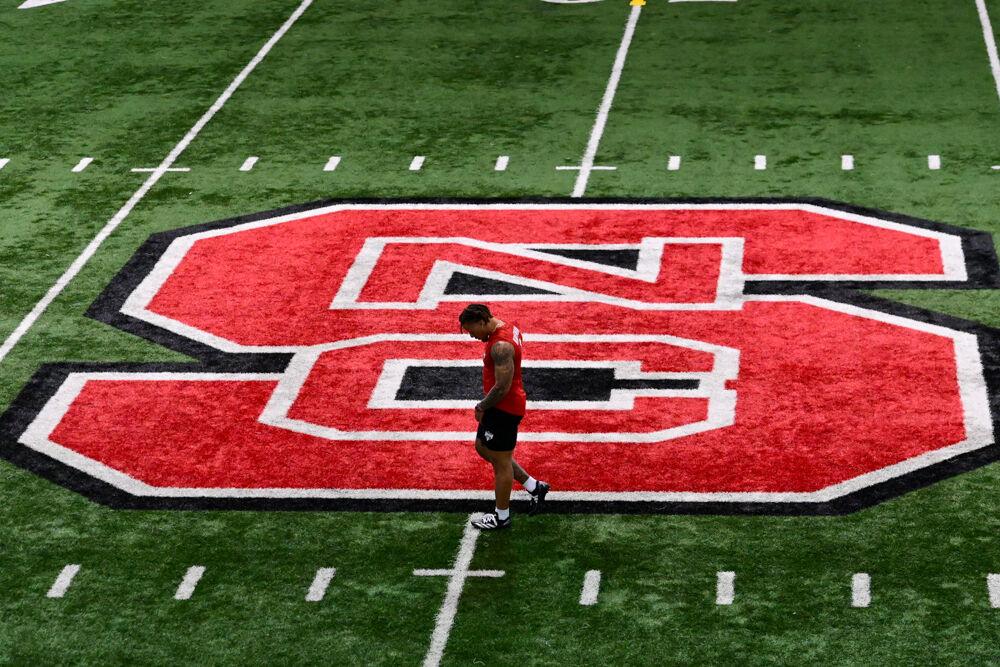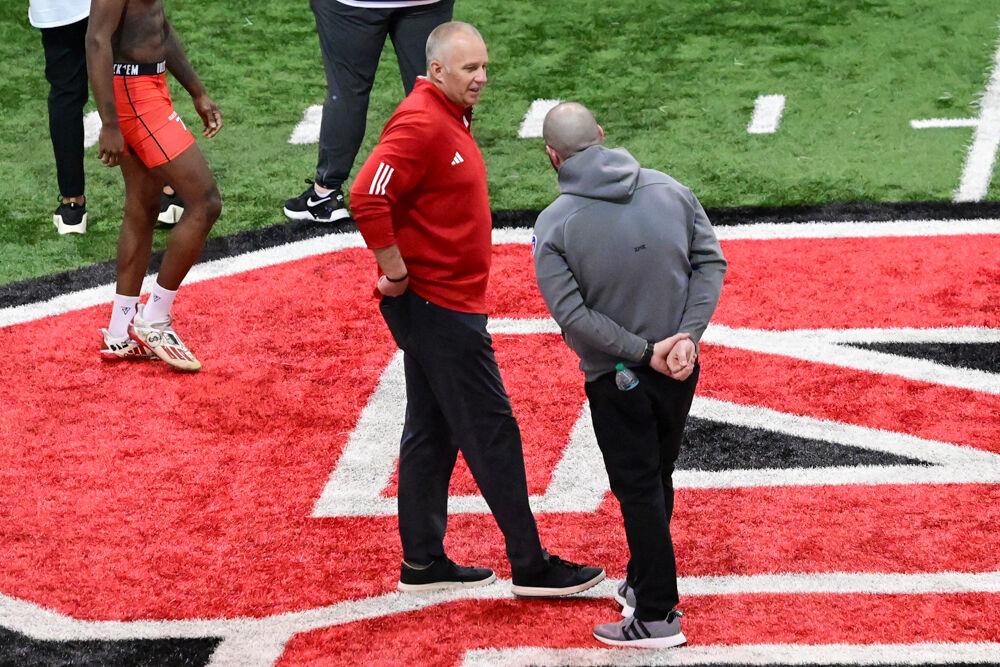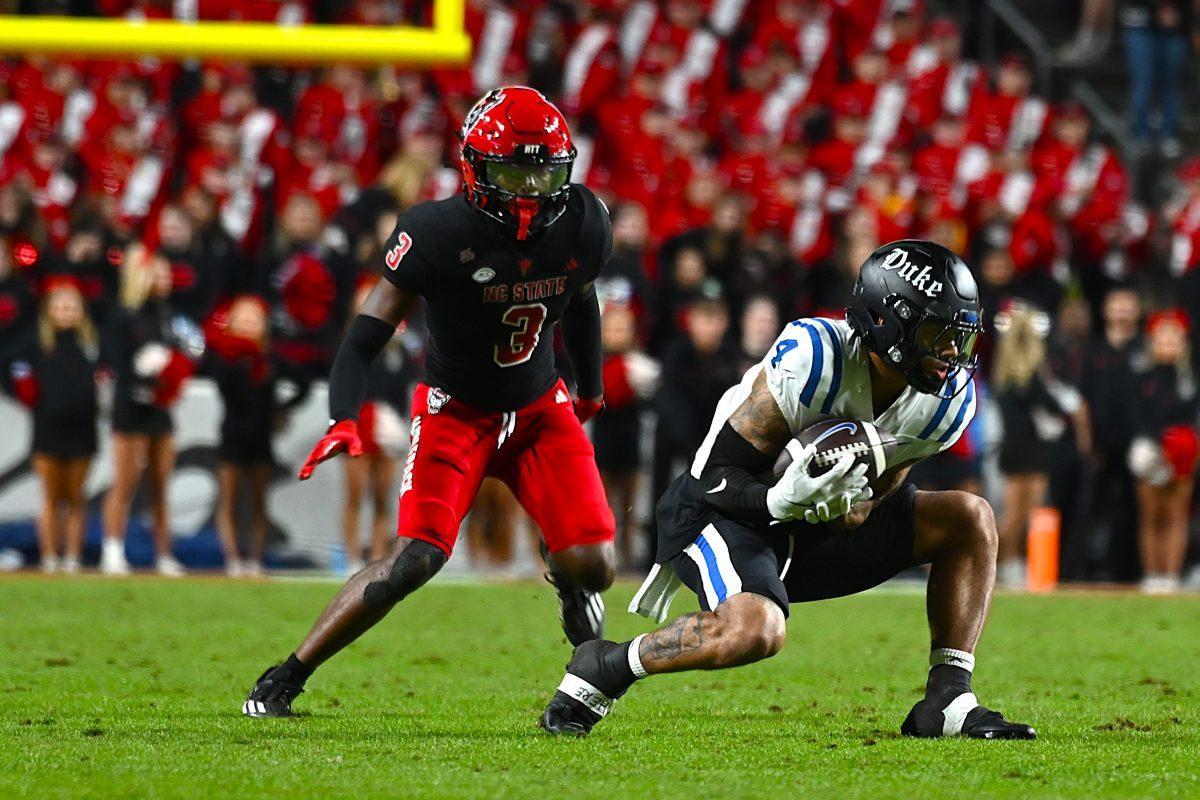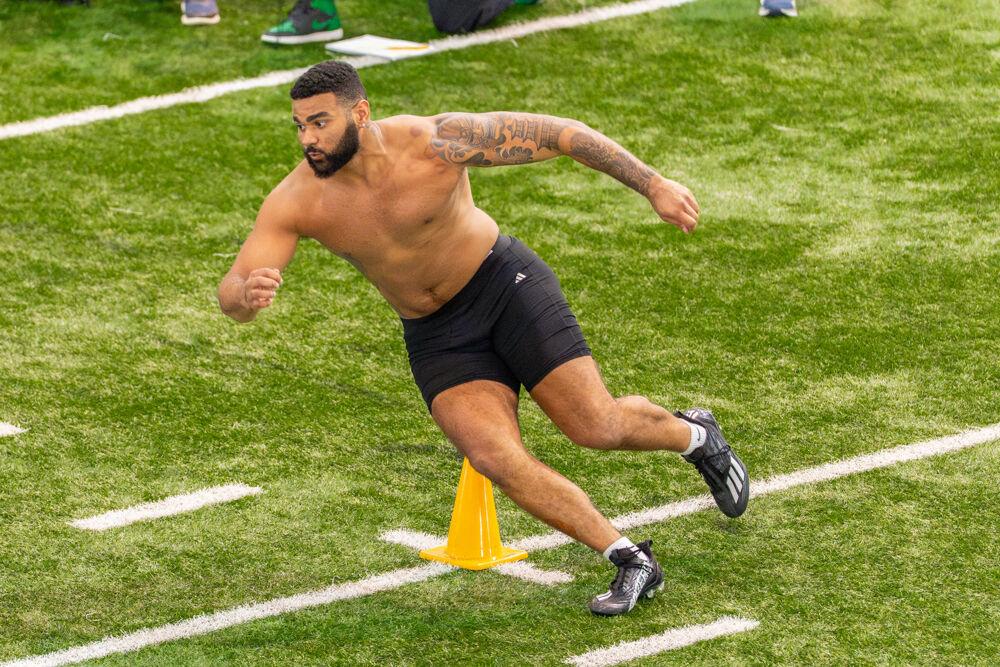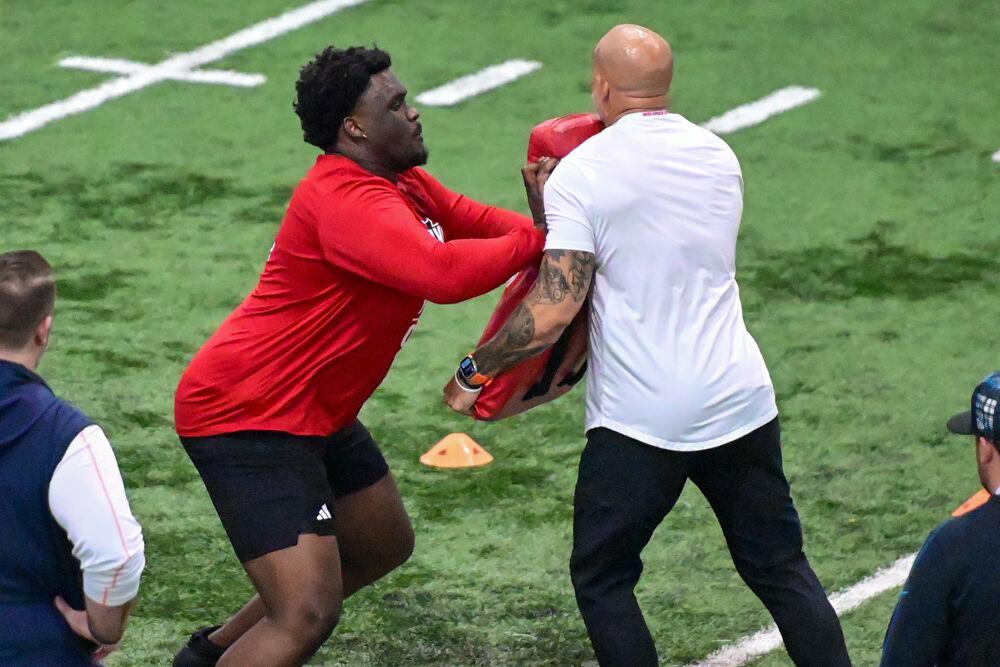The NFL’s drug policy has been a topic of much discussion as of late. Rather than performance enhancing drugs being the focus (as one would expect when hearing about a sports league’s drug policy) the topic has been marijuana and whether or not the NFL should continue to test for it.
Marijuana testing in the NFL has been brought up a lot recently for a couple of reasons. The first is that this testing has affected big-name players over the past few months. Running back Le’Veon Bell and receiver Martavis Bryant of the Pittsburgh Steelers are both good examples. Bell has been suspended for the first three games of the season for missing a drug test. It is widely believed that he missed the test because he would have failed it — Bell has been suspended for marijuana use in the past. Bryant has been suspended for the entire season for failing multiple marijuana tests according to NFL Network.
Cleveland Browns receiver Josh Gordon is the best example of how this test can ruin a very promising career. Gordon’s last full season was in 2013 in which he had stellar statistics. Since that season, he has been suspended for a total of 27 out of 32 possible games. He’s missed these games because of failing several marijuana tests. Gordon could’ve possibly solidified himself as a top-three receiver in the league if he had been on the field for those 27 games.
Laremy Tunsil is another example of how the NFL’s stance on marijuana has negatively affected players. His situation is different from the players mentioned earlier because he is a rookie. On draft night, a video mysteriously appeared on Tunsil’s Twitter account of him smoking marijuana out of a gas mask. Tunsil, who was originally expected to be a top-three pick, slid all the way to 13th. This cost him millions of dollars. Tunsil didn’t even need to fail a test for the NFL’s view on marijuana to hurt him monetarily.
Marijuana testing in the NFL has been a popular topic recently is because of the political side of things. The United States has started shifting toward legalizing marijuana for medicinal and recreational use. Marijuana has been legalized in 25 states, as well as Washington D.C. Four states and Washington D.C. have legalized marijuana for recreational use. The stigma that marijuana smoking is one of the most immoral things a person can do is slowly dying in society, ergo NFL players feel that they should not lose money nor playing time for doing so.
When it comes to the NFL, money is all that really matters. In the past, alcohol was given the same bad rap that marijuana is currently receiving. Nowadays, it is perfectly accepted by society. The NFL capitalizes off of this by partnering with alcohol companies in order to make money. If marijuana were legalized in all 50 states, best believe that the NFL would do the exact same thing. Marijuana commercials may become the norm, boasting slogans like, “This is the official recreational/medicinal marijuana of the Carolina Panthers.”
While most assume that players want to smoke marijuana because they just enjoy being high, the argument can be made that a lot of them would prefer to use marijuana as an alternative to the pain medicines that they are currently given. Many painkillers are addictive, and if these players have long careers, they could potentially take a significant amount of them. If marijuana is a healthier alternative for the players, then why shouldn’t they be allowed to choose to use it? If a player shows up to practice drunk, he’ll most likely face some type of punishment. If a player drinks in the comfort of his own home during his off day, his coaches do not care and neither does the NFL. If a player were to show up high to a game or practice, of course that should be a punishable offense. Marijuana remains traceable in the one’s system for a long while, so why should a player be punished for failing a test that is testing to see if they used marijuana in the last few weeks?
The NFL cares about its image because a positive image means more money. Once the rest of the country finds marijuana use acceptable, the NFL will magically change its moral standing and will support the drug if it feels that it will make money off of it. The only problem here is that this may take a while. The NFL needs to get with the times a bit quicker or risk another 10 years of superstar players being unable to play because of an unreasonable test.


